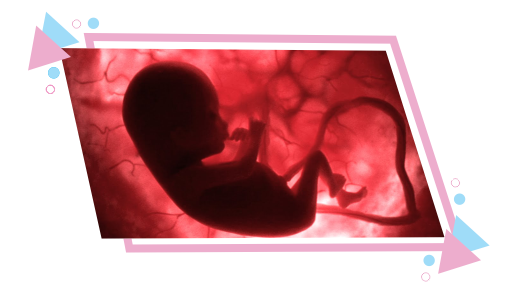Fetal Medicine
Department / Fetal Medicine

Fetal medicine is a branch of medicine that includes the assessment of fetal growth and well being, the maintenance of fetal health and the diagnosis of fetal illnesses and abnormalities.
Fetal medicine is a relatively new specialty that often requires the expertise and input from various specialists, including obstetricians, perinatologists (also called maternal-fetal medicine specialists), neonatologists, pediatric cardiologists, pediatric surgical specialists, geneticists and others.
The department of fetal medicine offers services on prenatal screening, targeted Scan fetal anomalies, fetal echo cardiography two dimension.The most common (and often first) test used for prenatal diagnosis is ultrasound. Other modalities include non-invasive and invasive screening and diagnostic studies:
Screening studies are relatively simple and inexpensive tests aimed at detecting all cases of a particular anomaly within a relatively large “at risk” population.
Examples are screening for spina bifida and Down syndrome:
Maternal Serum Alpha-Fetoprotein, or MSAFP, is a maternal blood test that may help detect spina bifida (also called myelomeningocele or open neural tube defect).
Non-invasive diagnostic tests include:
Invasive diagnostic tests offered